Top tips for lighting
Lighting and how different angles affect the face
Here we see how different angles affect the lighting on the face and shadows. When the light hits softer rounder parts of any surface the shadow will also have softer edging
With it hits an angle such as the nose it will have a sharper shadow, this can vary on your style though of course.
When using lighting though think about using a second source of light, you will have a Key light, your main light and your secondary light. The purpose of the secondary light is to add a little bit of oomph to your shadows where the key light isn't hitting.
The importance of subsurface scattering
Subsurface scattering is a more saturated color lining your shadows and can be seen on the right as it enhances the shadowing.
Bounce Light
When an object is close to another object like an apple is close to the table it sits on, the light can bounce off of the table and onto the apple. The tables color can also be reflected onto the apple at a less vibrant hue and the material that the light is bouncing off of can also determine how much light hits the subject. For example a matte surface would reflect much less than a glossy one.
Color theory
You don't have to move from one side to the other, just slightly enough to get the job done.
Differences in colored light settings
With the color of the lighting, it can change the feeling of an illustration entirely making it feel more intense, eerie, romantic, adventurous. Lighting is an important part of an illustration to convey the story the artist is trying to tell.
Light distance and dynamic lighting
Closer the light the more it affects the piece, and the more vibrant it is, the further the light source from the object is, the more shadows are cast upon it and more dim it is.
Here is the link to my tiktok where I post and do fun little art challenges. Hope you enjoy and found this helpful.























Kommentar